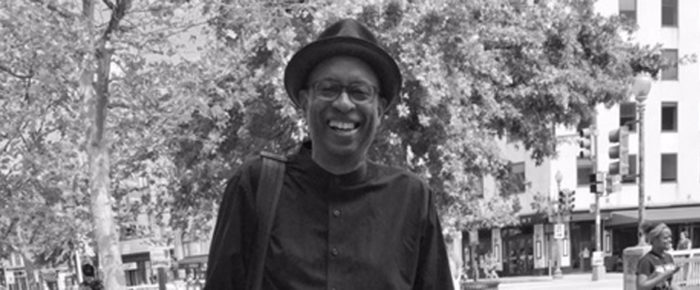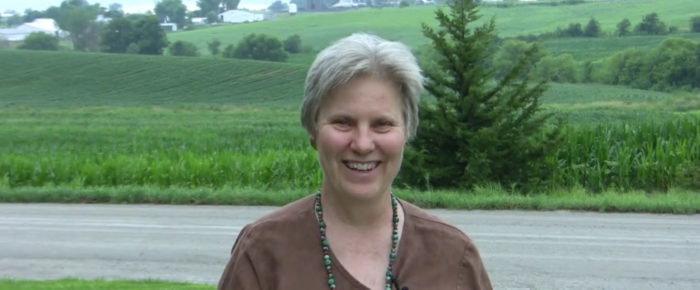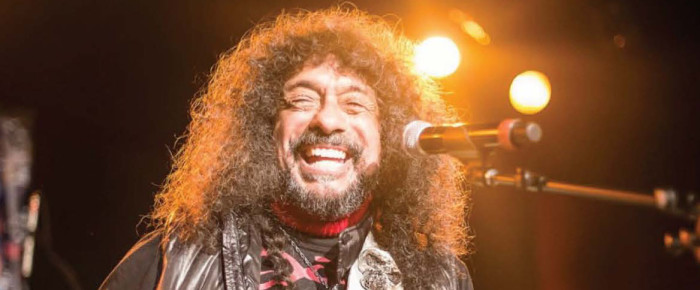Eugene Ethelbert Miller, who goes by his middle name, “Ethelbert,” is a writer and literary activist who says he’s never been busier than at 66. Originally from the Bronx, NY,…
Read moreCivil rights era poet shares how he aims to create civility in today’s society





